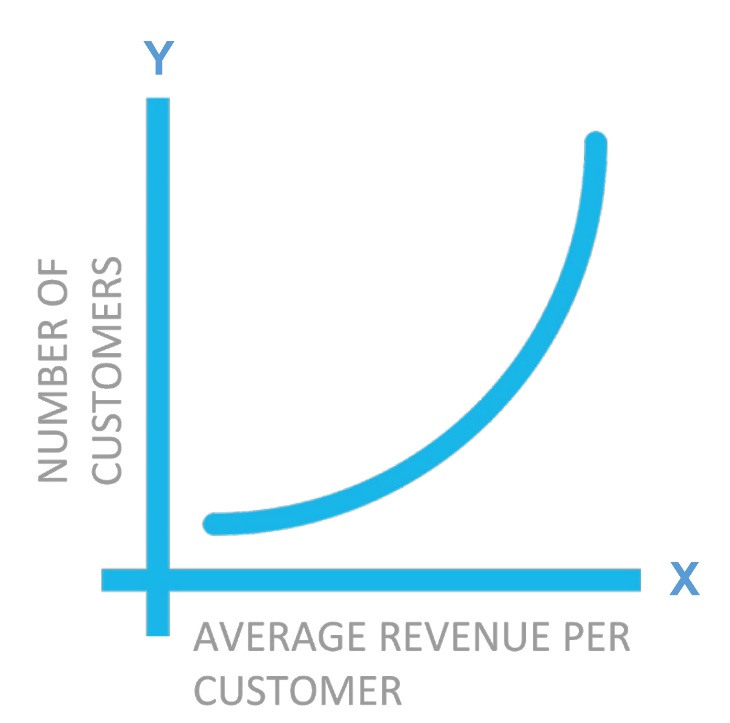If you started your business with the aim of sustaining a particular level of income and no more; and have come to realize that your business is not going to sell for the multiple necessary to pocket the nest egg needed to sustain your lifestyle – you’re not alone
If you started your business with the aim of sustaining a particular level of income and no more; and have come to realize that your business is not going to sell for the multiple necessary to pocket the nest egg needed to sustain your lifestyle – you’re not alone. We’ve worked with a number of great lifestyle businesses that need to go to the next level of value in order to attract equity investment or a buyer. They have a great niche, an audience, and a way they’ve always done things that generated the income they needed – and they’ve never had the desire to put the energy into aggressively growing their business…until now.

OK – now that we have agreed to the lexicon – let’s get into how to scale your impact on the world.
This means that you do the math to determine what the EBITDA needs to be to get your desired valuation – and you commit to set ego, time, and cash aside and to invest back into the business.
The groundwork answers a series of questions:
If so, these issues need to be nailed down:
It takes more than a founder to build a successful business. Though founders have given expertise, growth requires an expanded skill set. As such, Authority-based enterprises need to build a team with broad and complementary skills.
Going from expert to Authority-based is a leadership challenge. Experts can be brash and get away with being a “technical snob”. Authorities turn that expertise into a collaborative skill that attracts customers into becoming committed, active community members. This is a BIG deal because communities perpetuate themselves. (As opposed to audiences which are much harder to maintain.) Businesses with active communities command a higher multiplier on earnings.
You will need to reframe the way you think about your business, implement measures that are aligned with the strategy, be open to doing some new things, and tighten down existing processes/behaviors (maybe including your own!).
When it comes to processes, flexibility can be the enemy of growth. It can be hard to admit but managing the operations by hands-on involvement of founders limits growth. If a lifestyle business is going to scale, managers need to implement standardized and repeatable processes. This will require investments in support systems including IT and training personnel accordingly, as well as a delegation from the founder and senior management.
Evolving a lifestyle business to a scalable enterprise can be emotional – kind of like waving good-bye to your child after getting them settled into their dorm for the first time! You know it’s the right thing for them…you just hope that you did all the right things to prepare them for their next phase in growing up. To make this next phase in your business’ life less stressful for you, the proud parent, here are a few do’s and don’ts that we’ve experienced:
DO Take your team through a process that helps them contribute to the vision, define what’s in it for them, and establish mutual expectations for the journey.
DO Get the category thing right – if you do then you’ll have a home-run. If you miss that your valuation will suffer.
DON’T go it alone – get help from a team of experts that have done this before. It’s a skill that’s acquired through doing…and it’s worth every penny to avoid costly mistakes and false starts.
